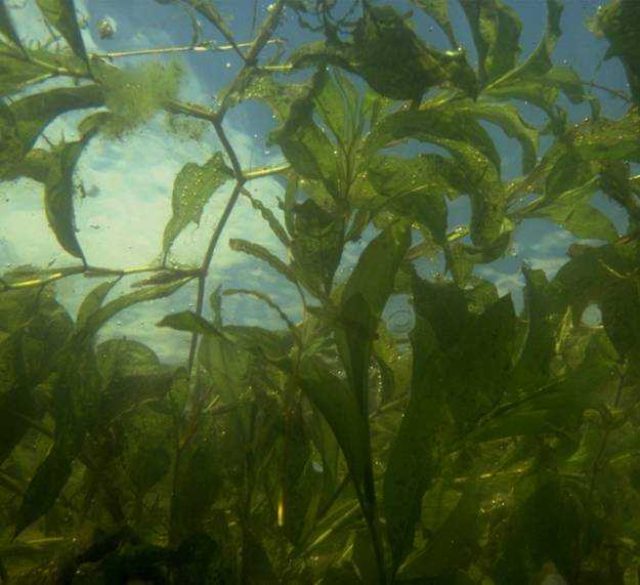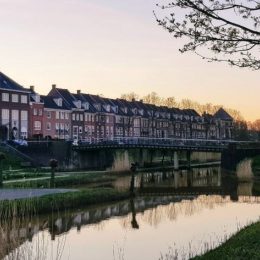How aquathermal energy affects water system ecology
What do we know about the ecological impact on the water system of aquathermal energy? That's a question we often hear from water managers, who are receiving more and more permit applications for aquathermal systems. The WarmingUP study 'Effects of cold discharges on the ecological functioning of surface water systems' answers this question in the form of a living document.
The document (in Dutch only) describes the available knowledge as well as the gaps in that knowledge. Water managers can use this information to make a better assessment of the potential positive and negative effects of the aquathermal systems covered by the permit applications.
From potential to large-scale implementation
“Uncertainty about how aquathermal systems affect the ecology of surface waters is an obstacle to large-scale implementation,” says Ida de Groot-Wallast, a Deltares expert. The use of surface water to heat and cool buildings has considerable potential. Water managers are important players when it comes to converting that potential to implement these systems on a large scale, for example in entire cities or regions. A range of studies and successful practical cases on a small scale have shown that aquathermal energy is a good, sustainable alternative. De Groot-Wallast: “Scaling up to the city or regional level raises new knowledge questions. We identify them and tackle them jointly with the water managers and other stakeholders.” The researchers add new knowledge to the living document.

Overview of knowledge about the balance between temperature and ecology
The study provides an overview of the available knowledge about the effects of cold discharges on the ecological functioning of water systems. It distinguishes between effects on chemical processes, effects on species groups and effects on the food web. A description is given for each factor, where possible with key figures, about how that factor responds to a drop in temperature. It turns out that, for example, quite a lot is known about the effect of cold discharges on fish but that the effects on macrophytes are varied and no clear conclusions can be drawn about this species group.
Prioritising gaps in knowledge
The study also provides a picture of the knowledge that is lacking and therefore a good point of departure for prioritising knowledge acquisition and development. For example, our understanding of the important relation between temperature changes on the one hand and competition between phytoplankton and macrophytes on the other is limited. In collaboration with water authorities, provincial and municipal authorities, research institutions and other parties, it is possible to initiate discussions about the required knowledge acquisition and development, and to take action. The publication ‘Plan for Monitoring the Economic Effects of Thermal Energy on Surface Waters’ (in Dutch) can be used to set up the required monitoring. In this way, we work together to build up knowledge about the effects. The joint database can be used to access and consult the available knowledge in order to predict the effects of cold discharges on the ecological functioning of water systems.
On the basis of the development of knowledge in WarmingUP and the collaboration with the Dutch Aquathermal Energy network, we will combine our efforts to ensure that aquathermal energy becomes a genuine alternative for the collective heating and cooling of buildings. WarmingUP is a collaborative venture involving more than forty parties from the entire heating sector who are working together to develop practical knowledge so that collective heating systems will be reliable, sustainable and affordable for the purposes of the heating transition.

